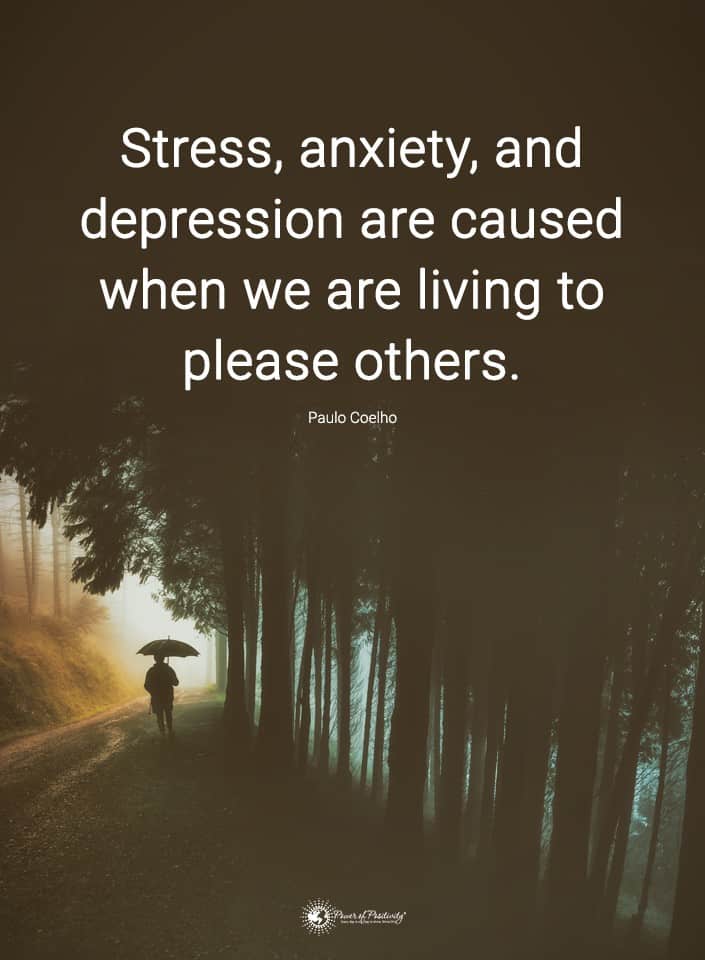Your heart is racing, you’re sweating, and you feel as if you have a heart attack. You’re sure that this is the end, as the feeling of impending doom is making you dizzy. You struggle to catch your breath, and you feel as if something is sitting on your chest. Are you having a heart attack or panic?
It’s really challenging to know whether your body is responding to extreme anxiety or if it’s going into cardiac arrest. According to the University of Michigan medical newsletter, Heart Health, a heart attack has pain that radiates from the chest to other areas. In contrast, panic produces stabbing pains in one location. Additionally, the pain with panic only lasts for a few seconds, whereas cardiac arrest brings unrelenting discomfort.
Still, if this is your first anxiety attack, it’s hard to distinguish between the two. Thankfully, emergency rooms can quickly tell the difference by doing some blood work and an EKG. What you do during a panic attack can mean everything. You can make things much worse or learn to control the symptoms and de-escalate the situation quickly.
According to medical expert Micah Abraham of The Calm Clinic, it takes about thirty minutes for a person to recover from a panic attack fully. However, the actual attack may last only a few minutes. It takes time for the body to return to normal, mainly involving rebalancing hormones like cortisol and adrenaline.
The Wide Variety of Symptoms During Panic Attacks
Though a panic attack may last for only a few minutes, these moments can be torture. Since every person is different, the symptoms you experience can vary greatly. Additionally, each anxiety attack can be vastly different. You may experience chest pain, shortness of breath, and dizziness once, but the next episode may bring sweating, nausea, shaking, and the fear of death.
The best way to combat these attacks is to try to determine the cause of them. Anxiety almost always has an underlying cause unless you have a condition that is like generalized anxiety disorder. Some folks experience attacks daily, which cripples them, while others only have the occasional burst of anxiety.
 What Triggers a Panic Attack?
What Triggers a Panic Attack?
Finding the source of your panic is not always cut and dry. Something that is known to bring them on includes:
- Significant loss
- Emotional distress
- Physical pain
- Other mental health issues
- Fearful nature
- Genetics
Some folks may experience panic after the death of a loved one, but others have dealt with them since childhood. In some instances, the key issue can be uncovered, and you can work on a resolution. If your anxiety comes alongside physical pain, then getting the pain under control can help to ease panic too.
What SHOULD You Do During a Panic Attack?
Your response to the heightened anxiety means everything. Most people don’t know what to do during a panic attack, making matters much worse. Here are the key things you should do during anxiety to help the symptoms alleviate quicker.
1. Use Positive Self-Talk
The hallmark of anxiety is negativity, so you must combat it with positivity. For instance, you’re feeling impending doom and like you’re dying, so you need to remind yourself that this too shall pass. Try saying things like:
- “I am just having an attack, but I will be fine.”
- “This will all be over in a few minutes.”
- “I am not going to die.”
- “I’ve had these before and made it through, so I will be okay.”
The more positive things you speak to yourself, the more you de-escalate the situation. Positive self-talk is one of the keys to getting through a panic spell.
2. Get Outside and Take in Fresh Air During a Panic Attack
Nature is healing and calming to the mind, body, and soul. Many people lose their grounding when panic shakes them to the core. So, getting outside and breathing in some fresh air can help immensely.
Many folks also experience trouble breathing and claustrophobia type feelings during anxiety, so being in the great outdoors tends to de-escalate these sensations. Grounding yourself can help to stop an attack too. Take your shoes off and feel the earth between your toes.
The vibrations from the core of the Universe can be very calming to someone who feels off balance.
3. Use Box Breathing
One of the quickest ways to get your panic under control is to utilize breathing techniques. Box breathing allows you to focus on the pain and discomfort you feel and get it under control. Additionally, many people experience a lack of oxygen during this attack, hence why so many breathe into a brown paper bag when they hyperventilate.
To use rhythmic or box breathing, do the following:
- Inhale deeply through your nose to the count of five.
- Hold your breath for five seconds.
- Exhale slowly to the count of five.
- Repeat until you feel calm.
As you box breathe, you will instantly feel a calming sensation come over you. Now keep in mind that it’s challenging to sit down and breathe when you feel your whole world is spinning out of control, but you must do it.
 4. Use Grounding Tricks During a Panic Attack
4. Use Grounding Tricks During a Panic Attack
Dialectal behavior therapy is widely used to help treat many mental health disorders. One of the critical components is learning how to re-center or ground yourself. During a panic attack, you need to remind yourself of a few things to lessen the sting, so try looking for things like:
- 5 Things you can see around you
- 4 Items you can touch with your hands
- 3 Things you hear in the distance
- 2 Things that you can smell nearby
- 1 Thing you can taste in your mouth
For instance, if you’re in the grocery store when an attack hits, you can see display shelves, customers, and workers. You can also smell things like cakes baking in the deli, and you might be able to taste a metallic flavor in your mouth. The key is to turn your mind from your discomfort and onto other things, and this trick works well.
5. Remove Yourself from The Situation
Circumstances bring on many panic attacks. For instance, if you and your spouse are arguing, it can send your anxiety soaring. One of the simplest things you can do during a panic attack is simply removing yourself from the situation.
You can calm yourself quite quickly when the stimuli are removed. However, it still might take a few minutes for you to regain total control of yourself again.
Three Mistakes Always to Avoid During a Panic Attack
Now that you know what you should do when anxiety is high, you should also know what you shouldn’t do during a panic attack.
1. Do Not Tell Yourself to “Calm Down.”
One of the worst things you can do is to scold yourself for feeling this way. You need to acknowledge the feelings you’re having and work on re-centering yourself.
2. Don’t Try to Run Away During a Panic Attack
Have you ever heard of the term fight or flight? Many people want to run when they feel this impending doom. The theory is that if they keep going, they can prevent themselves from passing out or dying.
Sadly, running isn’t going to help you. Did you know that some people will park cars and get out and run or leave their shopping carts in the store? The key is to find a place to sit until the attack passes.
3. Do Not Play Into the Fear
If you play into the fear that you’re dying or this is the end, then you’re only going to make matters much worse. When your mind tells you that you’re dying, you need to remind yourself it will pass quickly. Keep combating all the irrational thoughts to get through this anxiety.
Developing Agoraphobia
After you’ve experienced a few attacks, you know how horrific these situations can be. Sadly, many people start avoiding places that are triggers for their panic. For instance, if you have an anxiety attack in the supermarket, your mind might equate the supermarket as a trigger.
So, naturally, you want to avoid the grocery store to prevent another panic spell. Soon, you will find yourself unable to go into a grocery store at all due to the uncomfortable sensations it brings. Agoraphobia is a prevalent mental health concern in society. According to The Cleveland Clinic, about one or two percent of the population suffers from this phobia. Thankfully, it’s one of the most treatable with help.
 Final Thoughts on What to Do During a Panic Attack
Final Thoughts on What to Do During a Panic Attack
Dealing with panic is never easy, and it can cripple you if you allow it. However, there are things that you can do during a panic attack that can help to ground you and bring you back to a state of calm. The worst thing you can do is to play into the fears and make matters worse.
Remember, anxiety is the great pretender. This heightened state of the body will make you think, feel, and believe things that aren’t true. It will help if you learn effective ways to de-escalate the situation by calming yourself.
The next time you feel an attack coming on, sit down, start box breathing, and remind yourself that this too shall pass.
The post Most People Make These 3 Mistakes During a Panic Attack appeared first on Power of Positivity: Positive Thinking & Attitude.










